Interview with John Hughes
Q. John much your writing has a compelling sense of place and how place affects the lives of people for generations to come. What is your connection with place and how does that influence your choice of subject?
A. There’s a paradox in our sense of place that is so central to our sense of self I’d almost like to say it’s in the place itself rather than our experience of it. We live in places, yes, but they only truly live in us, I think, in memory. A very convenient truth for a writer, you might say, especially one whose greatest obsession is memory. In all my books, both fact and fiction, a place is central to the story, and yet that place is always an absent one for the protagonist. In my first book I conclude that home is an idea. I think this is true of place generally. I grew up in a place a few miles north of St Albans, it’s imprinted in me as a chick’s song is imprinted in the egg, it’s the place of all my books, I love it, yet I never want to live there again. Why would I, when I live in it still inside my head? If we didn’t leave a place there would be no need to imagine it; if we didn’t love a place there would be no need to leave.
Q. Garden of Sorrows has been described as ‘a remarkable book, exerting a fantastic, primeval and often frightening tug over the reader.’ You worked closely with award winning artist, Marco Luccio. Can you tell us about that collaboration and what impact the collaboration had on your writing? or (if not a collaboration in the true sense) How important is visual art to the reader’s understanding of the author’s intent.
A. It wasn’t a collaboration in the strict sense of the term. The stories were all written by the time Marco got to see them and they didn’t change at all as a result of his etchings. With that said, they certainly change for the reader as a result of those etchings! In the first instance, they provide a reading of the stories within the book itself, a reading the reader gets to read in addition to the stories. But more than that, they become a way of telling the story by other means. What the reader really gets is two books for the price of one! Marco responded to the stories in a very visceral way, his images bring the story to life in a different way from the words – they complement the stories, but they also extend them. He made them his own within his imagination and it’s these new imaginings he offers to the reader. The stories might have inspired them, but they also change the stories, even if the words remain the same.
Q. In The Idea of Home you ruthlessly delve into the deepest, and sometimes darkest, parts of who you are and the influences that have contributed to making you as a human being. As an author who courageously talks about himself in his work, how do you do this and also manage to avoid writing which is indulgent or cliched?
A. The Idea of Home presented me with a problem. I had no difficulty with the early essays when I was writing about other people – my family, yes, but still characters outside myself. The last two essays of the book, where I turn the focus on myself, did not come so readily. It took me a couple of years in fact and only really worked for me when I was able to see myself in terms of failure. It’s hard for a writer not to view his protagonist as a hero, but most people don’t feel easy presenting themselves in this way (even if they might think it!). But a hero of failure – a heroic failure! – is another thing entirely. Once I saw those final two essays as being about failure, of ideals as well as actions, I knew I had my way in, an ironic perspective from which to view myself. The book seemed to write itself from that moment.
Q. Your writing is often described as ‘beautifully clear and logical’. Can you tell me something about how you go about writing? What is your process?
A. I have a day job, which is perfect for me because even if I didn’t I don’t think I’d write any more than I do. I’m a potterer. Most of my writing takes place when I’m not physically at my desk. I usually write on the weekends, some nights (though hard during the school term), and during the holidays. During term time at school, mostly unconsciously, I’m continuing in my head what I left off on the weekend, so by the time I get to the following weekend it’s something like an explosion as everything seems to want to come out at once. The trick then is to control it. I think I’m getting better at that, but I’ve still got a long way to go. It probably doesn’t need to be said but the editing process is as important (if not more so) than this initial explosion. It’s only when the lava has hardened that I’m really able to see its shape and know how it needs to be sculpted.
Q. Finally, a trivial question. What do you like to do on your days off?
A. Writing is my time off! I’m an all year outdoor swimmer – I swim in Bronte ocean pool. I swim early morning on weekends and holidays and late afternoons/evenings during the week. It’s the most beautiful location and I’m addicted to the exhilaration of winter swimming – that first shock is a tremendous releaser of endorphins. Often I can be the only person in the pool, the moon rising out of the ocean or the sea breaking over the walls, it’s like swimming in champagne, and I’ll stay in the water until my fingers and toes go numb with cold. I also like to get out into the bush when I can. This was much easier when I had a place in St Albans. The writing mostly takes precedence now. But I couldn’t have it any other way. I’m a terrible person to be with if I’m not writing.
Thank you John for participating in this interview. We are all looking forward to meeting you at the St Albans Writers’ Festival.


